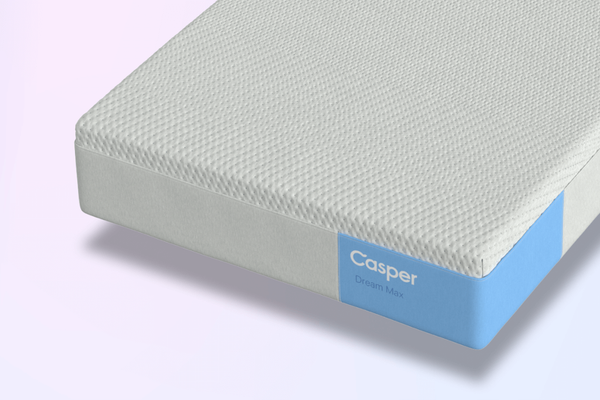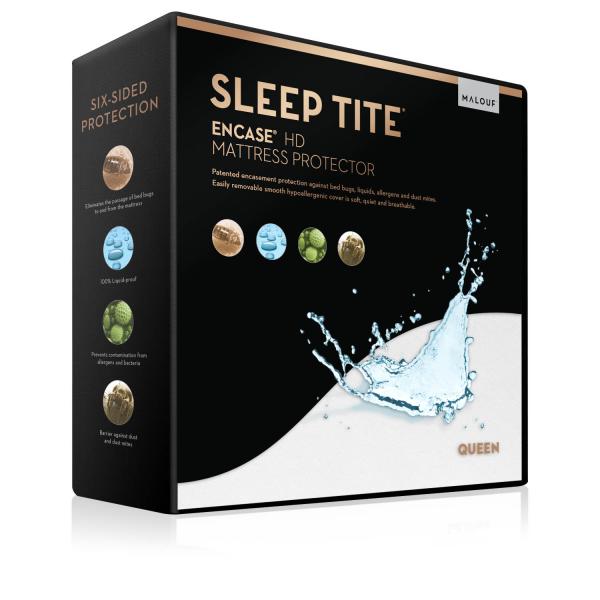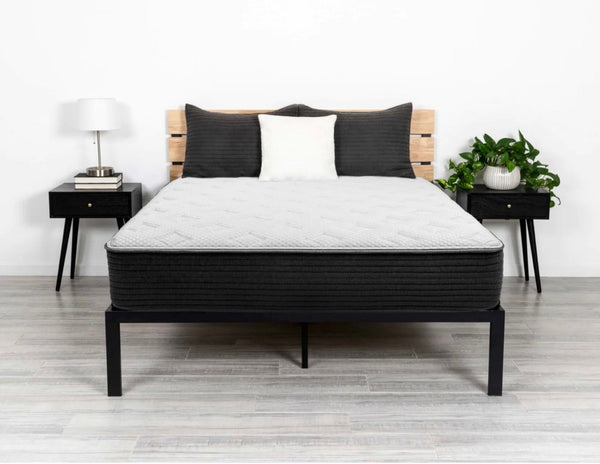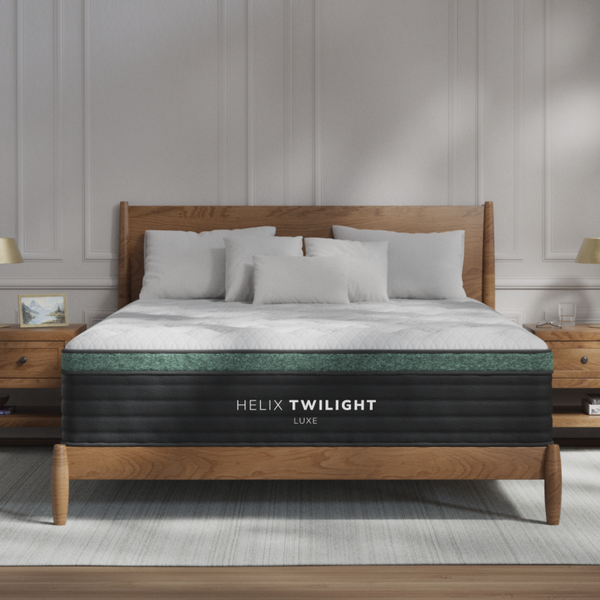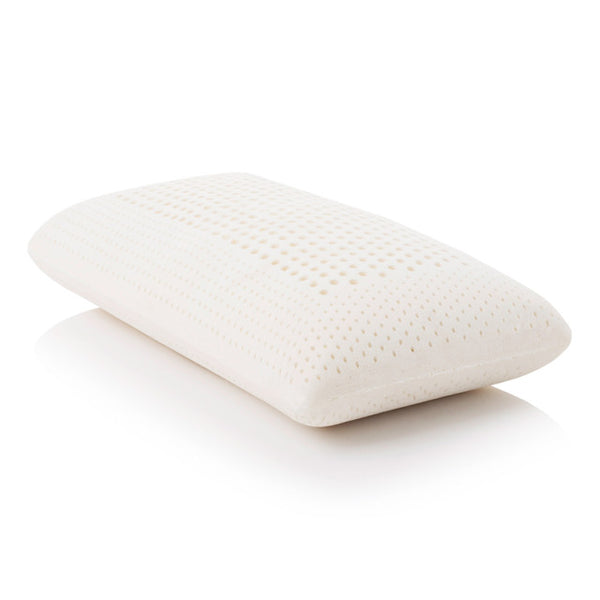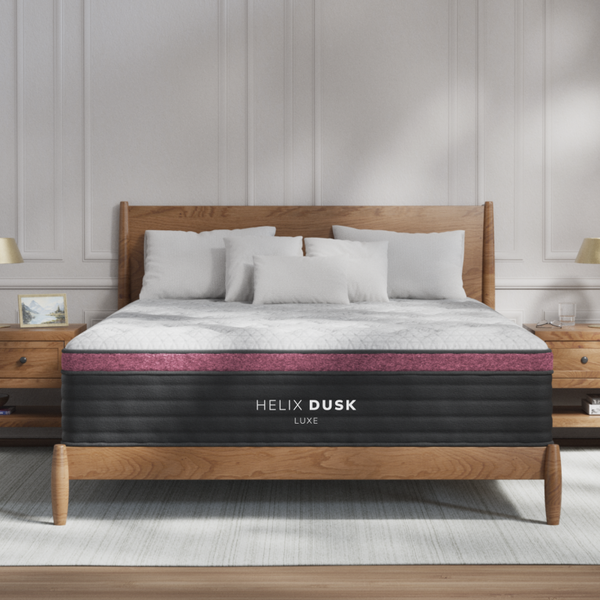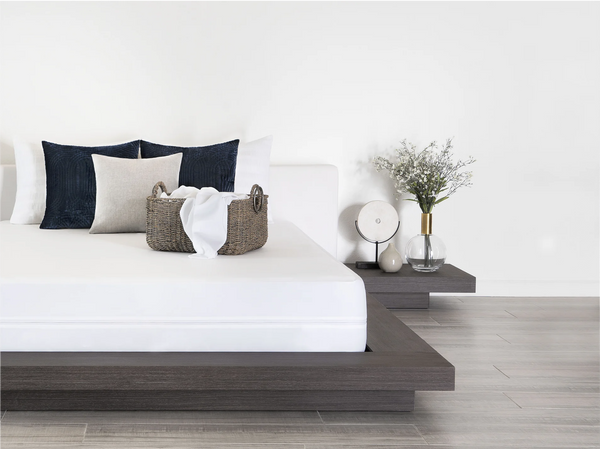
Overview
Creating a restful sleep environment is essential for overall wellbeing. Key factors include managing light, sound, and temperature, ensuring comfort, and establishing a consistent sleep routine. Mindfulness practices and nutrition also play significant roles. If sleep issues persist, it may be necessary to consult a healthcare professional regarding potential sleep disorders. Prioritize your sleep by tailoring your environment for optimal rest.
Frequently Asked Questions
1. What is the importance of sleep for overall wellbeing?
2. How does the sleep environment affect sleep quality?
3. What are some tips to create a relaxing sleep environment?
4. What role does a sleep routine play in improving sleep quality?
5. When should I consider seeking help for sleep disorders?
Sleep is not just a biological necessity; it's a crucial component of overall wellbeing and mental health. Understanding the psychology of sleep plays a vital role in cultivating a restful environment that leads to rejuvenating nights and energized mornings. This article delves into various aspects of sleep psychology and offers practical tips to create a sleep sanctuary within your home.
The Importance of Sleep Environment
The environment in which you sleep significantly influences your ability to fall asleep and stay asleep. Factors such as light, noise, temperature, and comfort all contribute to how restful your sleep is. Ensuring that your bedroom is conducive to relaxation and sleep can greatly improve your sleep quality.
Light: The Silent Sleeper Saboteur
Exposure to light is one of the most critical elements affecting sleep patterns. Our bodies have evolved to respond to natural light cues, and artificial light can disrupt the natural circadian rhythm. Here are tips to manage light in your sleep environment:
- Block Out Light: Invest in blackout curtains or shades to keep your room dark.
- Dim Where Possible: Use soft, warm lighting in the evening to signal to your body that it’s time to wind down.
- Limit Screens: Reduce screen time at least an hour before bed to minimize blue light exposure.
Sound: Finding Your Peace
Noise pollution can be a significant disruptor of sleep, causing frequent awakenings and reducing sleep quality. To foster a peaceful atmosphere, consider the following:
- White Noise Machines: A comforting background sound can help mask disruptive noises.
- Earplugs: If you're in a particularly noisy area, wearing earplugs can help block out ambient sounds.
- Calming Sounds: Soft music or nature sounds can create a soothing environment conducive to sleep.
The Scoop on Temperature
The ideal room temperature for sleeping can vary from person to person, but a cooler environment is generally more conducive to sleep. Keeping your room around 60-67 degrees Fahrenheit is often recommended. Experiment with your thermostat and consider these tips:
- Layer Your Bedding: Use breathable sheets and blankets that can help regulate body temperature.
- Regulate Airflow: Use fans or open windows to improve air circulation, especially in warmer months.
- Cooling Pillows: Look for pillows designed to dissipate heat and maintain a comfortable temperature.
Comfort: The Foundation of Rest
Your mattress and pillows play a critical role in your sleep experience. While this doesn't mean you have to invest in the most expensive options, comfort is paramount. Here are a few aspects to consider when evaluating your sleeping surface:
- Support: Ensure your mattress provides the right level of support for your body type and sleep position.
- Condition: Regularly check your mattress and pillows for wear and tear; replace them as needed.
- Personal Preference: Each person’s comfort level varies, so choose bedding that makes you feel your best.
Establishing a Sleep Routine
Much like any other aspect of life, establishing a consistent routine can have profound effects on your sleep. Here are tips to help create a bedtime routine:
- Set a Sleep Schedule: Go to bed and wake up at the same time every day, even on weekends.
- Pre-Sleep Rituals: Engage in calming activities before bedtime, such as reading or meditating.
- Avoid Stimulants: Limit caffeine and nicotine intake before bed as they can disrupt your ability to fall asleep.
Create a Relaxation Zone
Your bedroom should be a sanctuary for sleep and relaxation. To foster a calming atmosphere, consider these suggestions:
- Minimize Clutter: A tidy room can help reduce stress and anxiety, promoting a greater sense of peace.
- Choose Calming Colors: Decorate your sleeping space with soothing, neutral colors that evoke tranquility.
- Incorporate Aromatherapy: Scent can influence mood; consider using essential oils or scented candles to create a relaxing ambiance.
Mindfulness and Sleep
The connection between mindfulness and sleep has been widely studied, showing that being present helps reduce stress and improve overall sleep quality. Engaging in mindfulness practices can set the stage for restful nights:
- Meditation: Spend a few minutes each night practicing meditation to clear your mind before bedtime.
- Breathing Exercises: Deep, intentional breathing can lower heart rate and signal to your body that it’s time to relax.
- Gratitude Journaling: Keeping a journal to express gratitude can shift your mindset toward positive thinking, reducing anxiety before sleep.
The Role of Nutrition in Sleep Quality
What you eat and drink can affect how well you sleep. Some key things to consider include:
- Limit Heavy Meals: Avoid large meals close to bedtime as they can disrupt sleep.
- Hydration: Stay hydrated during the day but reduce liquid intake in the evening to avoid late-night trips to the bathroom.
- Sleep-Inducing Foods: Foods rich in magnesium, zinc, and certain vitamins can help promote relaxation.
Understanding Sleep Disorders
If you consistently struggle with sleep despite making necessary environmental changes, you may need to consider that a sleep disorder could be at play. Common sleep disorders include:
- Insomnia: Difficulty falling or staying asleep, often exacerbated by anxiety or stress.
- Sleep Apnea: A serious condition that causes breathing problems during sleep, leading to frequent awakenings.
- Restless Leg Syndrome: An uncontrollable urge to move your legs, often interrupting sleep.
If you suspect you might have a sleep disorder, consult with a healthcare professional for a thorough evaluation and tailored treatment options.
Your Sleep Sanctuary Awaits
Creating a restful sleep environment is about understanding the factors that contribute to quality sleep and adjusting your surroundings accordingly. From choosing the right mattress to incorporating mindfulness practices, every step you take will lead to improved sleep quality. Prioritize your sleep by crafting a customized sleep haven that meets your needs. Your journey toward restorative slumber and vibrant days starts here—embrace the power of a well-earned rest!
Check out another user's Shopify or Wix store by clicking this store link. Note that this is a promotional link, and we assume no liability for the content of the linked store.

